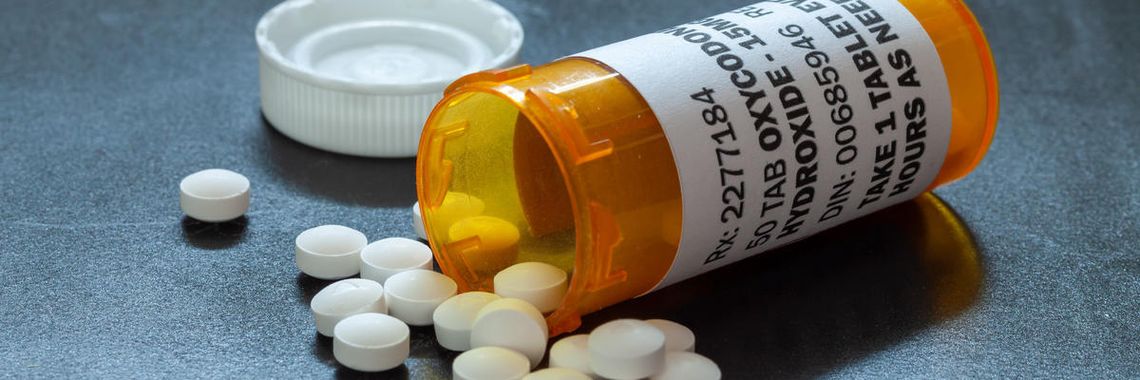By Sahar Chmais
In a $26 billion U.S. settlement with opioid manufacturer Johnson and Johnson (J&J) and three other drug distributors, the city of Buda will receive $10,784.
J&J was accused of downplaying the risk of addiction while marketing opioids. The three distributors were accused of having relaxed measures, allowing large amounts of painkillers to be pushed into illegal markets.
Buda City Council discussed the lawsuit in executive session on Tuesday, Sept. 7, and agreed to settle for the allocated amount. Funds are dependent on how the opioid epidemic affected municipalities.
Texas recently opened the door for cities and counties to receive funds from the settlement from J&J and the three opioid drug manufacturers: AmerisourceBergen, Cardinal Health and McKesson. The state will receive about $1.5 billion over 18 years, to be distributed to municipalities.
Other cities in Hays County have not yet settled, including: Kyle, allocated $52,000, Dripping Springs, with an allocated $800, San Marcos with an allocated $326,000.
Hays County has also not settled in the lawsuit. Hays is part of Health Care Region 7, consisting of Bastrop, Caldwell, Fayette, Lee and Travis counties, which have been allocated a collective $50.5 million.
Special terms have been set out for how funds can be used to help in the opioid epidemic. Some include: purchase of opioid overdose reversal medication, medication-assisted treatment, prevention programs and more.
“Buda has not determined how it would use its settlement specifically,” said LaMarriol Smith, Buda director of communications. “However, given the amount, we can do something in a singular way, like educational materials, or work with surrounding entities to take a regional approach.”
One potential regional approach could be opening a treatment center for the area, she added.
Last year, opioid overdose deaths reached 69,000 in the U.S., according to the Centers for Disease Control. Texas saw an increase in overdose deaths by nearly 32%, most of which were driven by opioid overdose, according to the Attorney General’s Office.
Synthetic opioids, such as fentanyl, also contributed to overdose death rates between 2019 and 2020, according to the CDC.
In addition to the monetary settlement, J&J will not be allowed to manufacture, sell or promote opioids for 10 years. Distributors of the drug will be required to take measures that detect suspicious drug orders.











